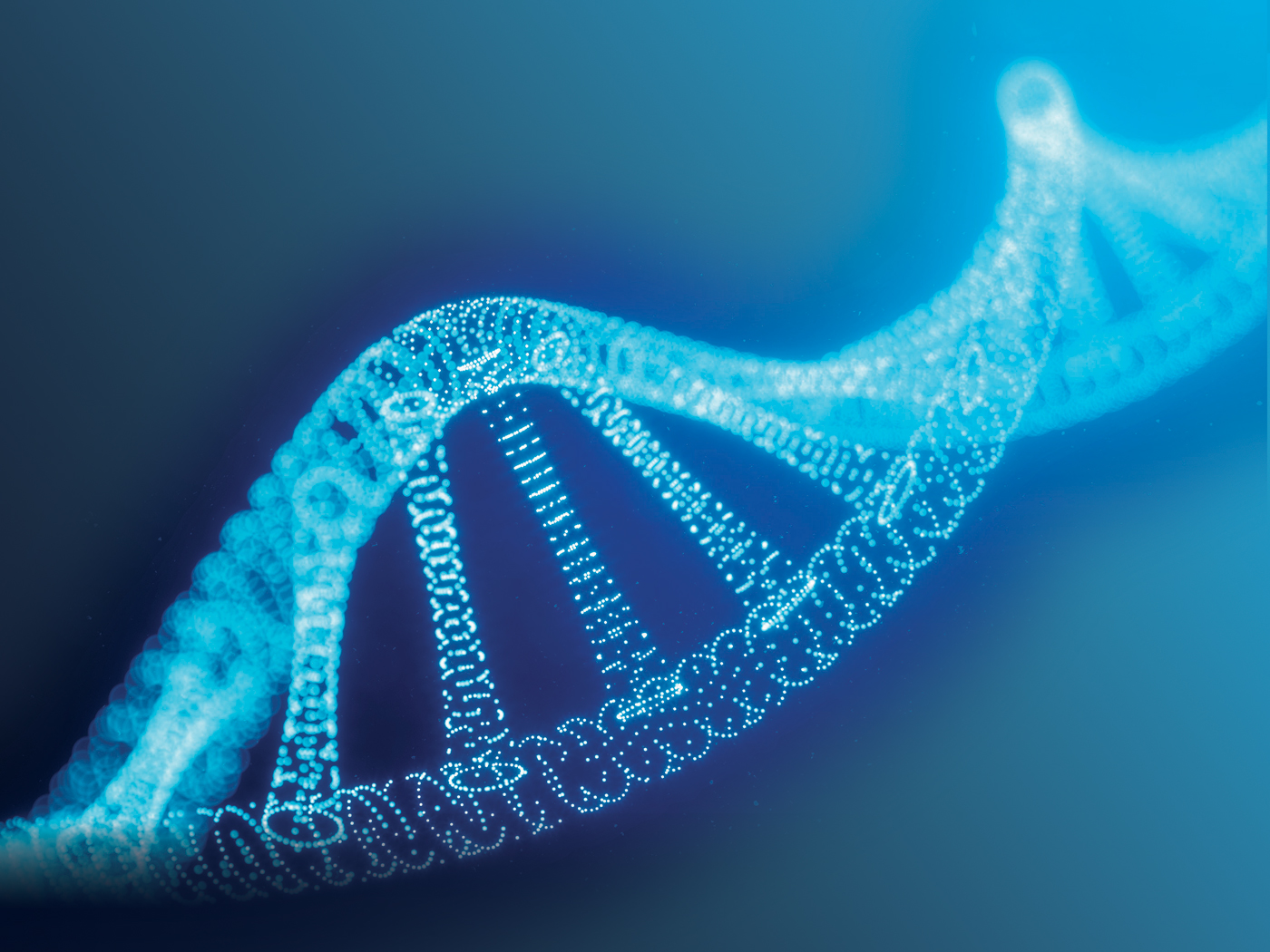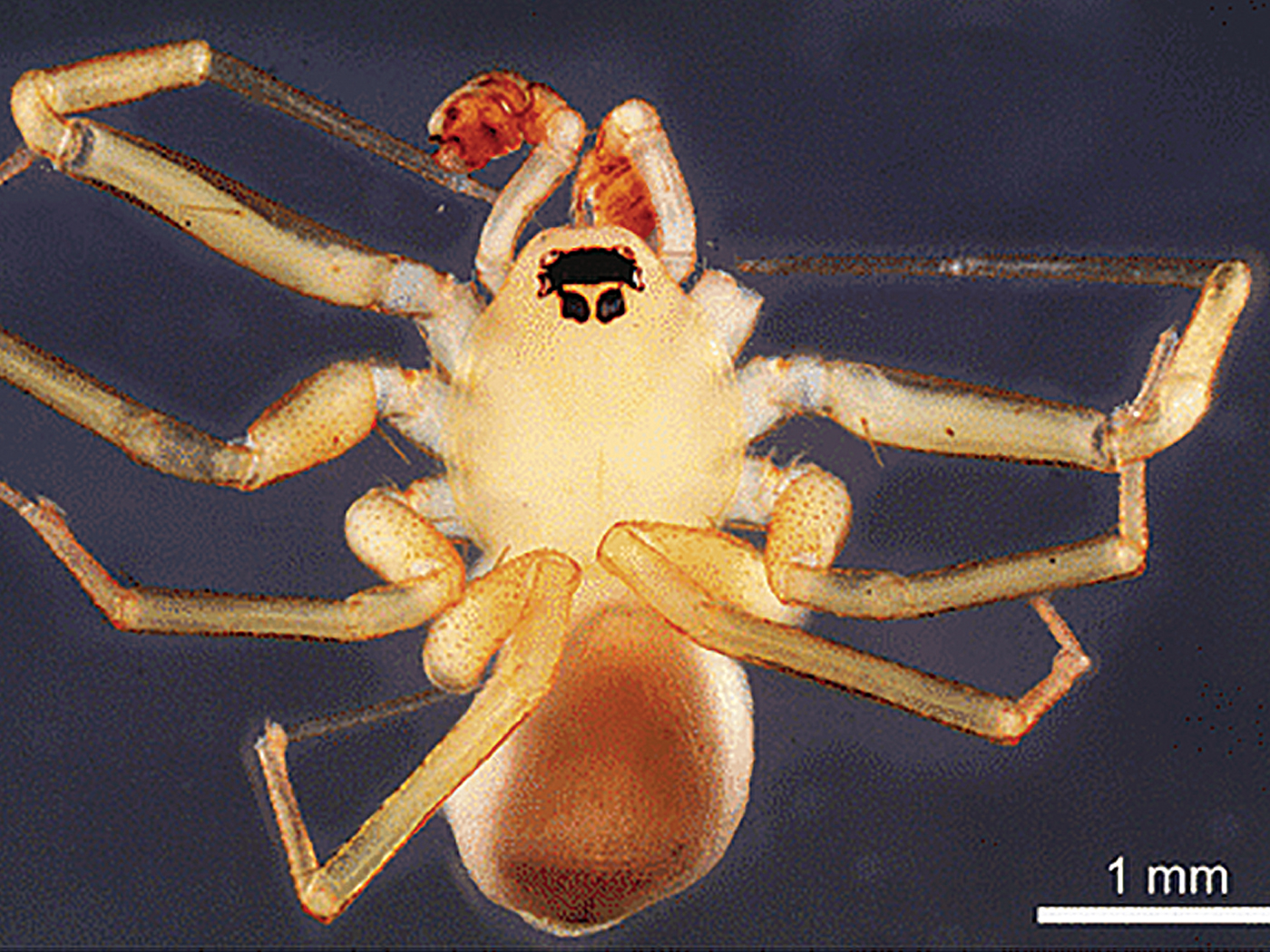Search Tools
New Defender's Study Bible Notes
16:1 in thee. This prayer is prophetic of Christ (note Psalm 16:10), most likely representing the prayer of His heart in the Garden of Gethsemane just before His arrest and crucifixion.
16:5 mine inheritance. Jesus, in His humanity, had no inheritance, not even “where to lay His head” (Matthew 8:20). Nevertheless, He had a “goodly heritage” (Psalm 16:6), because His Father had promised “the nations for thine inheritance” (Psalm 2:8).
16:5 my cup. The Father’s promise, however, involved Christ first drinking a very bitter “cup” (Matthew 26:39).
16:8 always before me. See Acts 2:25-28, which Peter quoted from Psalm 16:8-11, in his great sermon at Pentecost.
16:9 my glory. Rendered as “tongue” by Peter, following the Septuagint. It is appropriate to equate the glory of Christ with His tongue, for “never man spake like this man” (John 7:46).
16:9 flesh also shall rest. This statement speaks prophetically of Christ’s burial in Joseph’s tomb.
16:10 to see corruption. His Spirit descended into Sheol, but He returned to raise His own resting body before His flesh could begin to decay.
16:11 at thy right hand. This is the first of twenty-one Biblical references to Christ ascending to the Father’s right hand following His resurrection. See note on Psalm 110:1.
Psalm 17 (title) Prayer of David. Although many of David’s psalms include prayers, three of them (Psalm 17, 86, 142) are specifically titled “A Prayer of David.” Like the other two, this psalm is full of heartfelt petitions.










